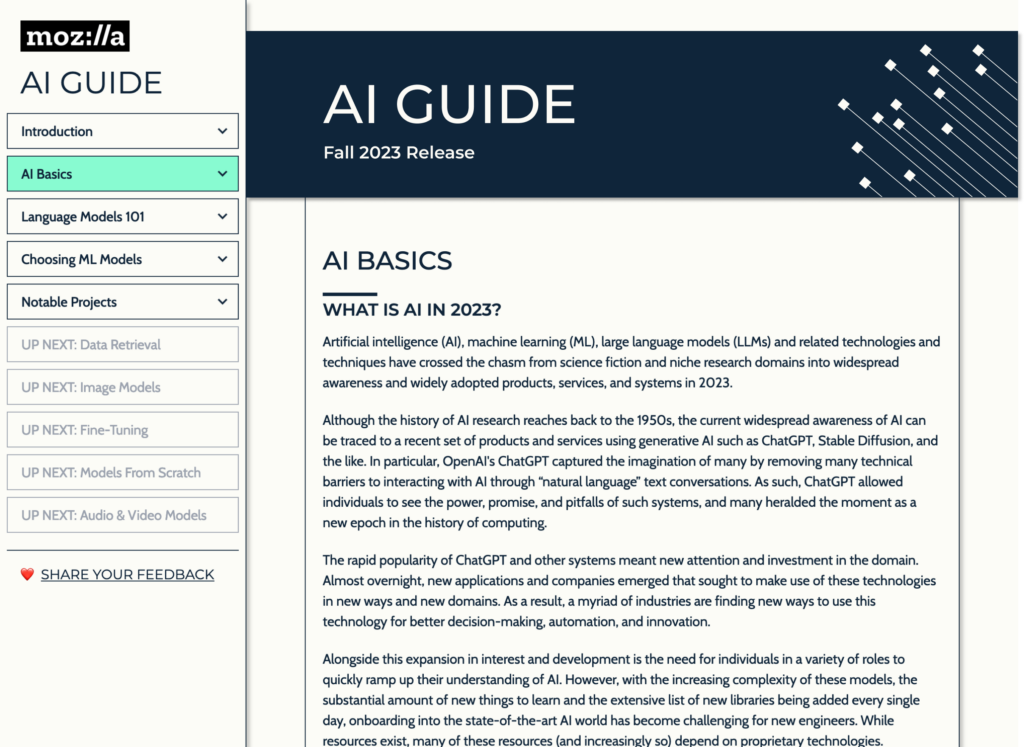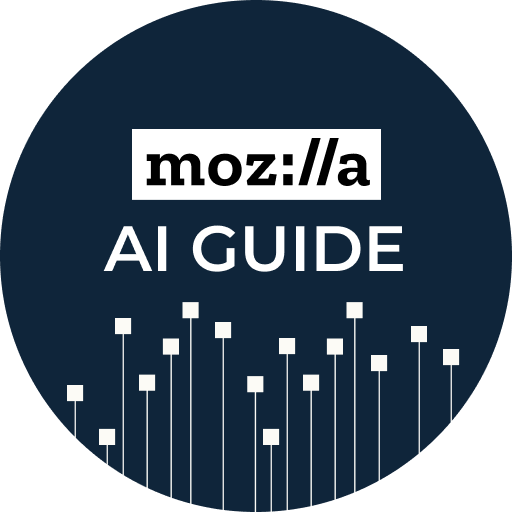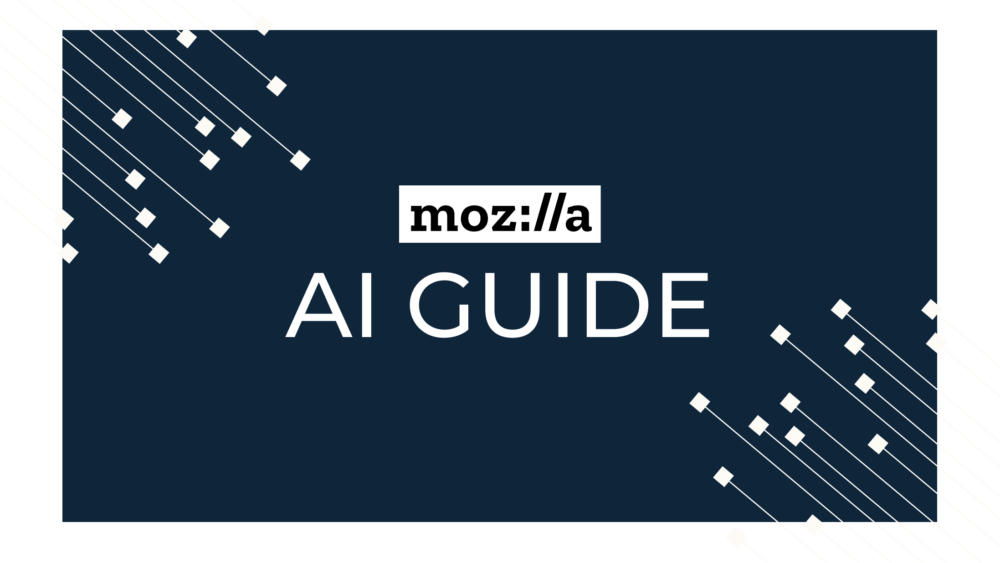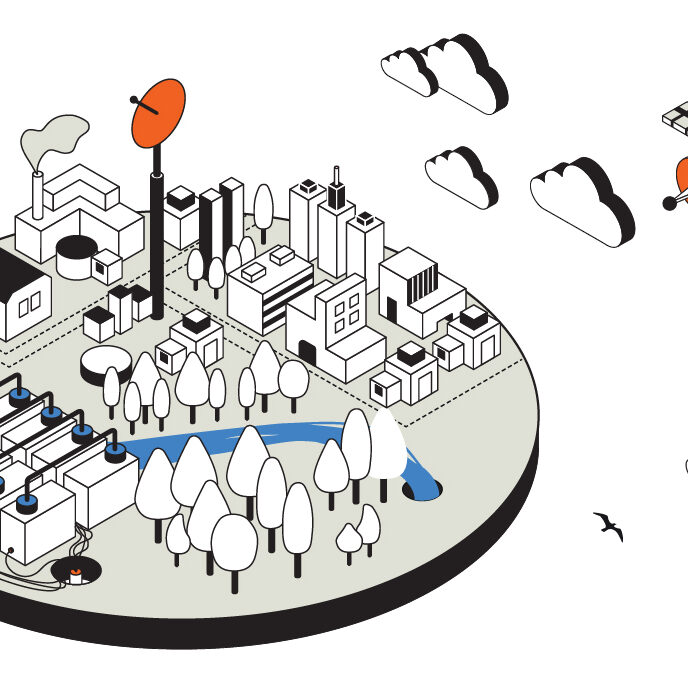Today, Mozilla announces the availability of its AI Guide, a community-driven resource, where developers can come together, ready to pioneer and drive generative AI innovations. In the spirit of a truly open web, Mozilla launches a tool that will evolve, just like the world of AI, which is messy, and poses complex questions that have yet to be answered.
With the AI Guide, Mozilla’s ambition is clear: empower developers with a choice between open-sourced solutions and alternatives from big tech companies.
“Mozilla’s efforts in AI are more than just technical – they’re a call to action and unity across the currently fragmented open-source AI community,” said Imo Udom, Senior Vice President of Innovation Ecosystems at Mozilla. “We created the AI Guide with the ethos of curating a more accessible and transparent AI space to support developers interested in building innovative and trustworthy technology.”
With over a quarter-century of pioneering user-first innovations, from the Firefox browser to Mozilla VPN, Mozilla has always championed digital empowerment. Mozilla’s venture into the AI space is no different. Mozilla’s first foray into responsible AI started with the Mozilla Foundation which has been pioneering the trustworthy AI space (underscoring our commitment with this whitepaper).
This year, Mozilla announced it would commit $30 million to build Mozilla.ai, a startup focused on building a trustworthy, independent, and open-source AI ecosystem. Additionally, Mozilla hosted its first Responsible AI Challenge, which challenged builders to design and defend responsible and trustworthy AI solutions for a wide range of industries. Also this year, Mozilla added Fakespot to its product family, which uses AI to find patterns among reviews to sort real reviews from fake ones.
“We created the AI Guide with the ethos of curating a more accessible and transparent AI space to support developers interested in building innovative and trustworthy technology,” said Imo Udom, Senior Vice President of Innovation Ecosystems at Mozilla.
Here’s what you’ll find in Mozilla’s AI Guide
To start, we are releasing three sections that go in-depth on the most asked questions about large language models (LLMs). These sections include AI Basics, Language Models and Choosing ML Models. In the Choosing ML Models section, we give developers a place where they can take all their learnings and apply it in an interactive environment using Google Colab, a digital notebook where developers can combine executable code and rich text. While in the Colab, developers can comment and edit together in real-time. More details about the sections listed below:
- AI Basics: AI, ML, LLM. What do these concepts mean and how are they related? We delve into developers’ top questions to give readers a shared baseline to these topics. The Mozilla AI Guide breaks it all down with images and looks at the pros and cons of using an LLM.

- Language Models: As we continue to build on that shared knowledge of AI basics, we will take developers to the next level with language models. This is where we answer more questions like, “What does ‘training’ an ML model mean?” or “What is a ‘human in the loop’ approach?” or “What is temperature?”
- Choosing Machine Learning (ML) models: Now, here comes the fun part, where developers can work with all the information learned thus far. Instead of drowning in jargon and complex terms, we provide interactive tools and exercises to help users see AI in action using our Colab notebooks.
- Notable Projects: From front-end solutions to complete LLM solutions, dive into standout initiatives from the AI community. These handpicked projects showcase innovation in action, offering both inspiration and insights.
We plan to launch more sections over the next few months including “Data Retrieval,” “Image Modeling” and “Fine Tuning”.
Open to developer contributions
The developer community is essential in our mission to use and build AI technology responsibly — meaning technology that prioritizes accountability, user agency, and both individual and collective well-being.
“Our vision for the AI Guide is to be the starting point that every developer can revisit for clarity and inspiration, ensuring that AI innovations enrich everyday life,” said Udom. “With contributions from developers, the AI Guide will become a collaborative community-driven resource, where developers can come together, ready to pioneer and drive generative AI innovations.“
“With contributions from developers, the AI Guide will become a collaborative community-driven resource, where developers can come together, ready to pioneer and drive generative AI innovations,” said Udom
Developers can find community contribution guidelines here. Within the AI Guide, developers can see examples of the type of content they can contribute. From open-source AI projects and implementations to video, audio models, and indispensable learning resources — all are welcome.
Together, let’s forge a cohesive, collaborative, and responsible AI community with Mozilla’s AI Guide.




